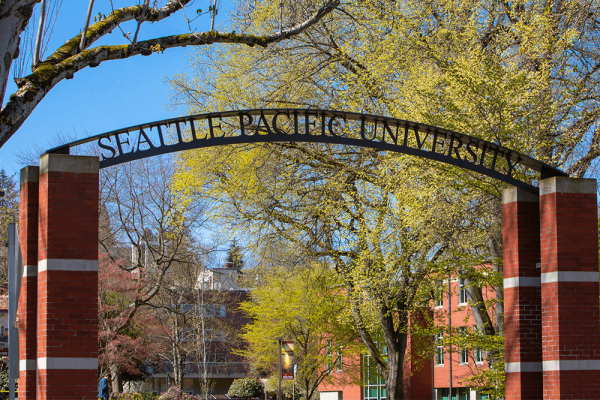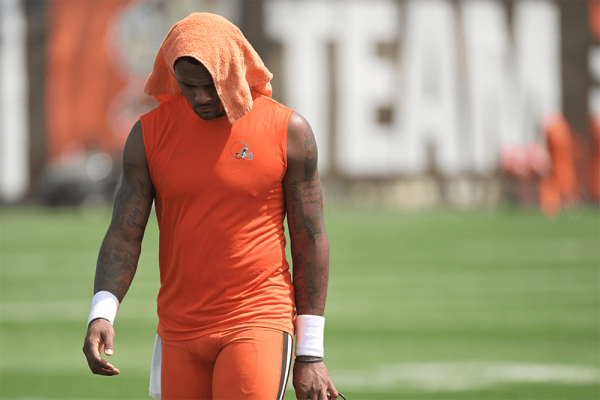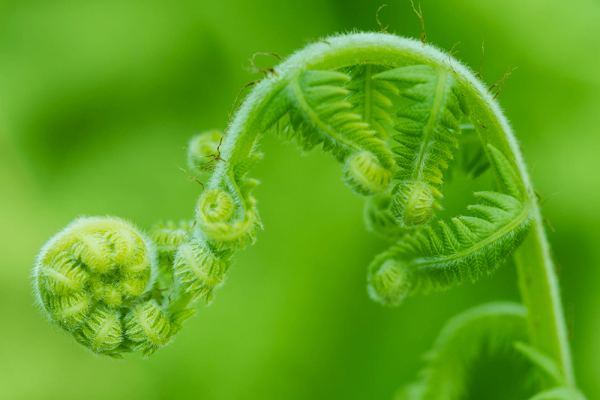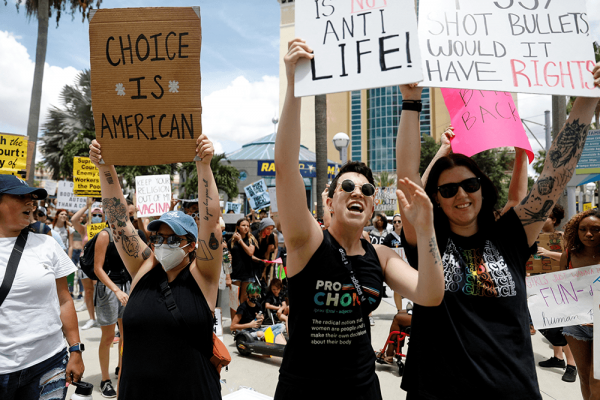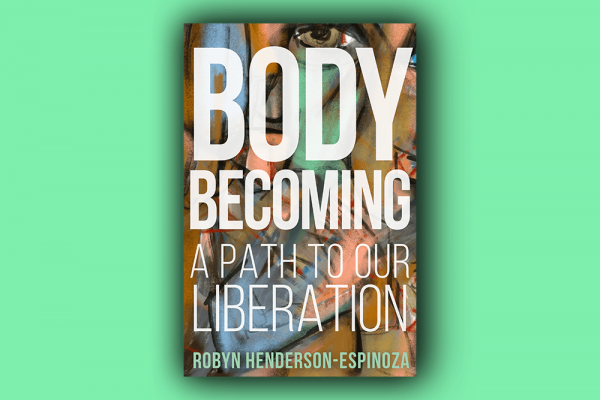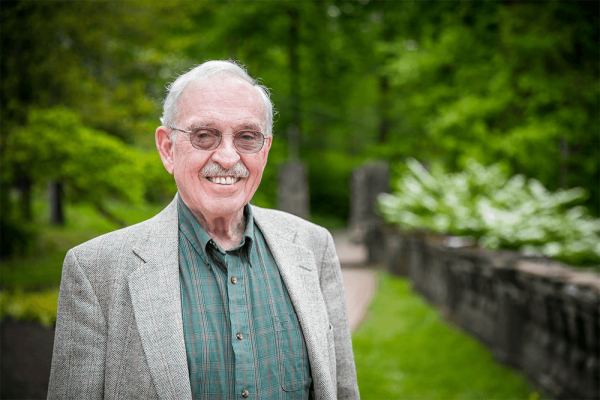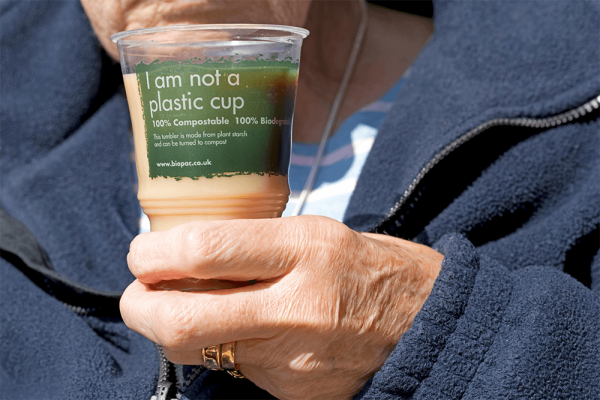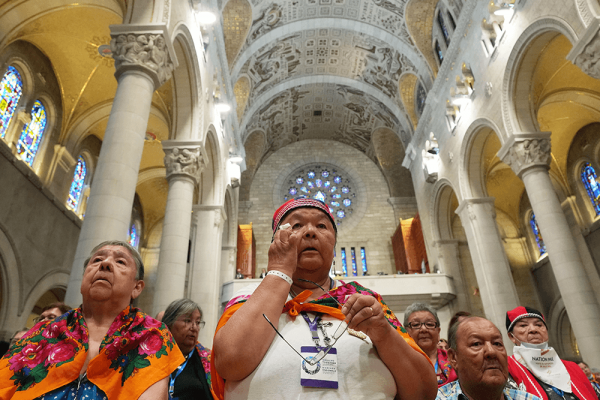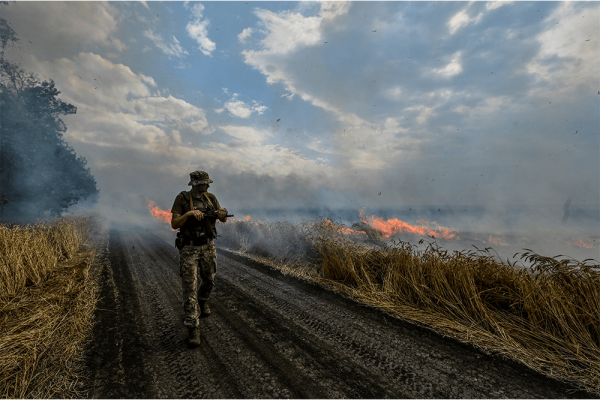Seattle Pacific University announced on July 28 that it is suing Washington state Attorney General Bob Ferguson, after the attorney general opened an investigation into whether SPU was violating the state’s anti-discrimination laws. SPU, which is affiliated with the Free Methodist Church, contends that Ferguson’s investigation is a violation of the school’s religious freedom.
The question, for all of us, is what do abusers gain by offering vague apologies? What are they trying to achieve? The men and their supporters are attempting to weaponize a Christian culture of unending forgiveness. While forgiveness is indeed a virtue, it should never come at the expense of those harmed. [John] Crist and [Deshaun] Watson (and their colleagues) refuse to properly repent, apologize, or seek to repair the harm they are accused of. Instead, they ask their victims — and us — to move on.
Despair blossomed in me; my fears of what my life and the lives of future generations could become seem to be coming true. I take my bouquet of despair to the only place big enough to embrace it: the body of Creation. I set it before the altar of the water and soil.
My school tried to purge any evidence of liberation theologies, Christian critiques of the economy, or radical solidarity with the poor, hoping to indoctrinate students with a conservative ideology. But there was an underground community at my school that helped me make a pivotal realization: By Christian college standards, Jesus would be labeled “an extreme leftist” because he embodied class solidarity with the poor, damned the rich, and imagined an alternative community. That gospel appealed to me in college; it still appeals to me today.
Clergy members of five religions sued the state of Florida on Monday over a new law criminalizing most abortions in the state after 15 weeks of pregnancy, saying the ban violates their religious freedom rights.
In leaving the church, earning a Ph.D., coming to terms with who I am as a NonBinary Transgender Latinx, dosing testosterone each week, deepening my antiracist awareness, and learning about embodiment, I’ve encountered a lot of change.
Ronald J. Sider, founder of Christians for Social Action and a stalwart evangelical advocate for social justice, died of a cardiac arrest on July 27. He was 82 years old.
Amid the avalanche of rogue supreme court decisions that have come out in the past few months, there’s one that has slid under the radar: West Virginia v. EPA.
Two protestors held up a banner calling for the Catholic Church to reverse a 15th century policy known as the “Doctrine of Discovery” that backed seizing land from non-Christians at the start of a Mass led by Pope Francis near Quebec on Thursday.
Proclaiming God’s abundance feels counterintuitive in a world filled with excruciating and growing hunger: In the United States, long-standing food deserts, racial inequities exacerbated by the COVID-19 pandemic, and a broken social safety system are all contributing to a growing crisis of hunger. Globally, at least 140 million people are currently affected by a dire food crisis; 49 million people are just one step away from famine conditions.
